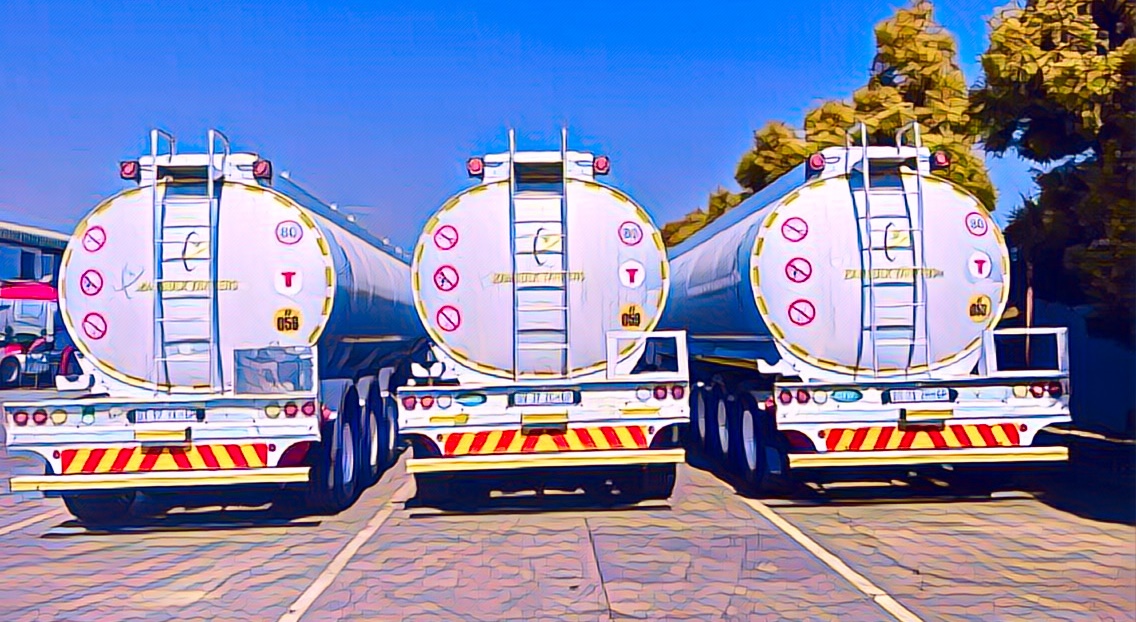KEY POINTS
- Zimbabwe scraps fuel transit duty of up to US$23,000 per truck.
- Policy was meant to stop smuggling, promote Feruka pipeline use.
- Truckers said it crippled business, raised regional trade costs.
Zimbabwe’s government has reversed a controversial fuel transit duty that forced tanker operators to pay heavy charges upfront and reclaim them on exit, a policy transporters said was crippling regional trade.
Policy reversal after industry backlash
The government introduced the duty in 2024 to curb smuggling of transit fuel offloaded locally and to encourage use of the Feruka pipeline..
But truckers warned the scheme was punitive, with charges reaching as high as US$23,000 per truck, leaving operators with strained cash flows.
On Tuesday, Cabinet reversed the policy and confirmed it would repeal the relevant Statutory Instrument.
Officials said scrapping the duty would lower costs for transporters and make Zimbabwe a more attractive fuel transit route through its strategic corridors.
Broader review of transport charges
Alongside the U-turn on fuel tankers, government also reviewed a wide range of transport-related charges.
These include vehicle registration and ownership transfer fees under the Central Vehicle Registry (CVR), toll and road charges under ZINARA, and also parking and traffic management fees levied by local authorities.
Furthermore information Minister Jenfan Muswere said the reforms aim to streamline processes, cut the cost of doing business, and improve competitiveness.
Boosting Zimbabwe’s transit role
Zimbabwe is a critical transit hub for fuel heading to Zambia, the DRC, and also other landlocked neighbours. By eliminating the duty, officials hope to restore confidence among regional transporters and safeguard transit volumes.
Industry analysts say the move could also ease tensions with logistics firms who had warned of diverting fuel flows to rival routes through Mozambique and South Africa.


